Collaborative Fund was founded a decade ago with the mission to support and invest in the shared future. Since then, the conversation around impact investing has only grown. We couldn't be more excited.
Impact investing has evolved to mean different things to different people. In our eyes, any entity -- non-profit, for-profit, individual, or government organization -- that invests time, money, or resources to push the world forward can be classified as an impact investor.
To show how far the world has come, we created an incomplete timeline of some of what we find to be the most interesting milestones in this landscape. You can check it out here.
Impact Investing | An Interactive History
An interactive history of impact investing from 1971 to today.
We've followed the common thread that ties the signing of the Kyoto Protocol in 1997, in which 84 countries committed to reducing greenhouse gas emissions, to the 2006 release of An Inconvenient Truth in Theaters, which opened eyes to global warming worldwide, to more recent, large-scale ESG (Environmental, Social, and Governance) strides in the corporate world, like:
- The Ford Foundation committing (the largest commitment of this kind made by a private foundation) $1 Billion to mission-related investments in 2017.
- Business Roundtable redefining the purpose of a corporation to benefit all stakeholders, not just shareholders, in 2019.
- Harvard finally announcing their divestment from fossil fuels (after years of pressure from outside groups) earlier this year.
The events we've included in this interactive history stand out as significant moments in this global movement. But this is nowhere near a comprehensive collection. This is more than an outline – it's a call to action. We want this to be a living, breathing thing that we can add to, and we want your help.
If there are any significant events or ideas that deserve to be included, we'd love to hear from you, please email us at research@collabfund.com.








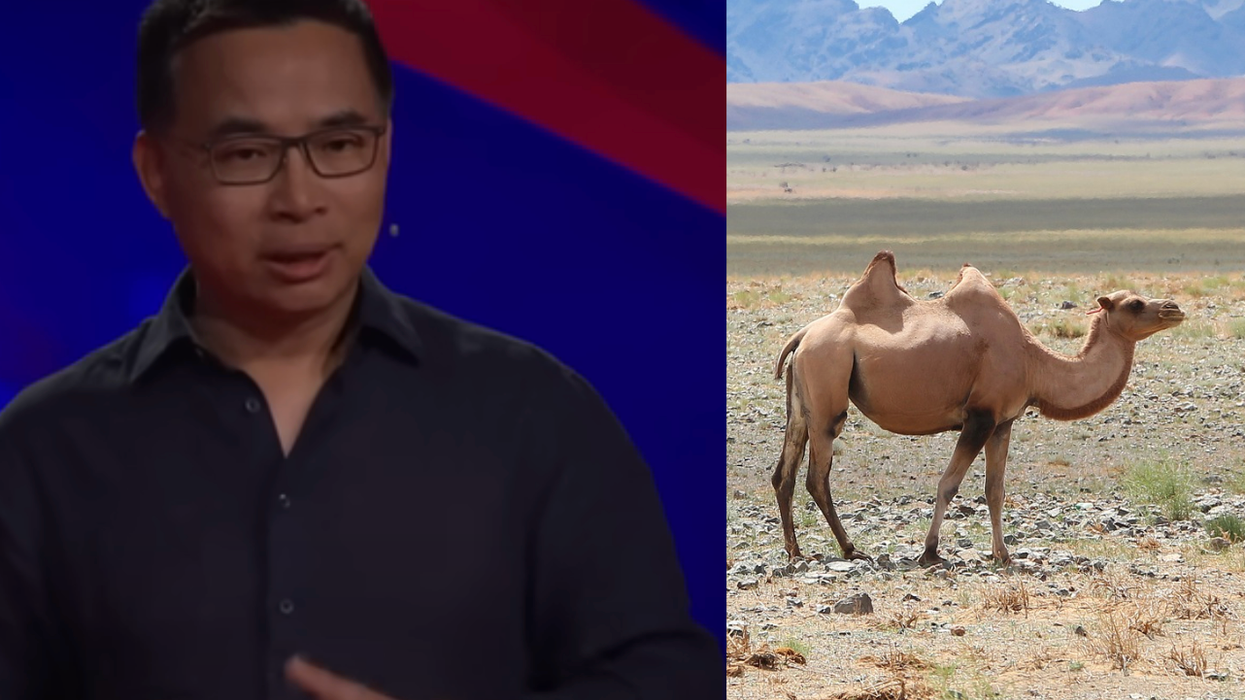



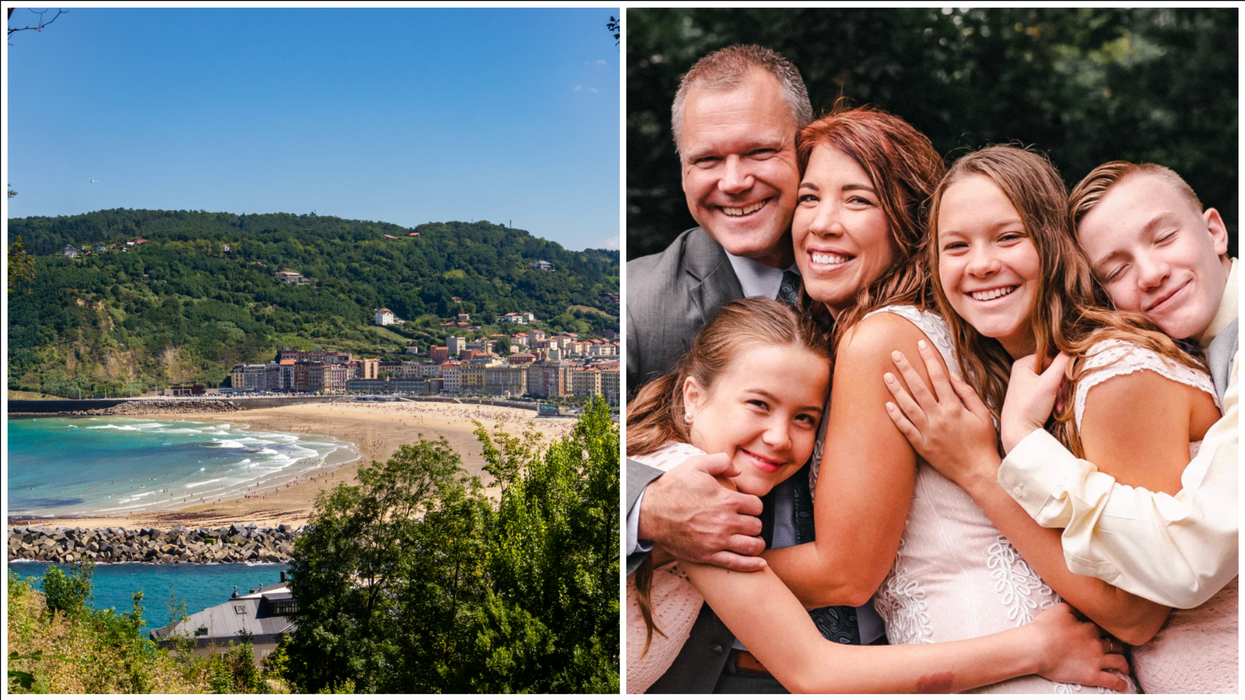
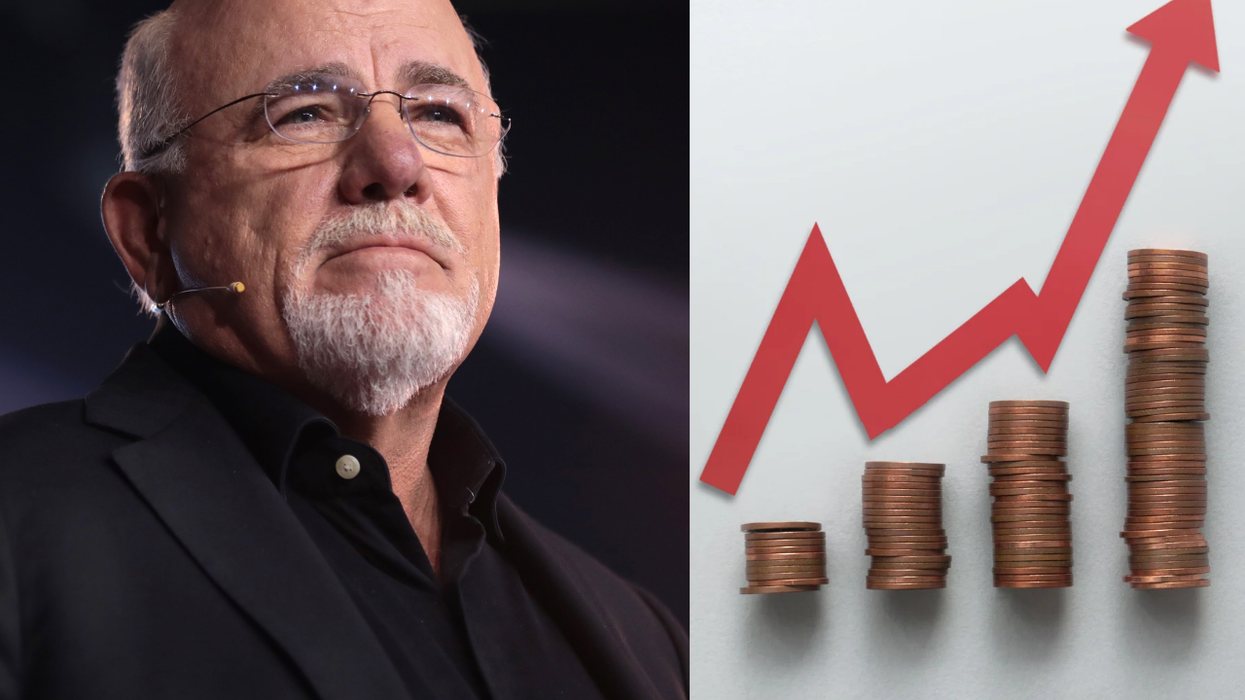
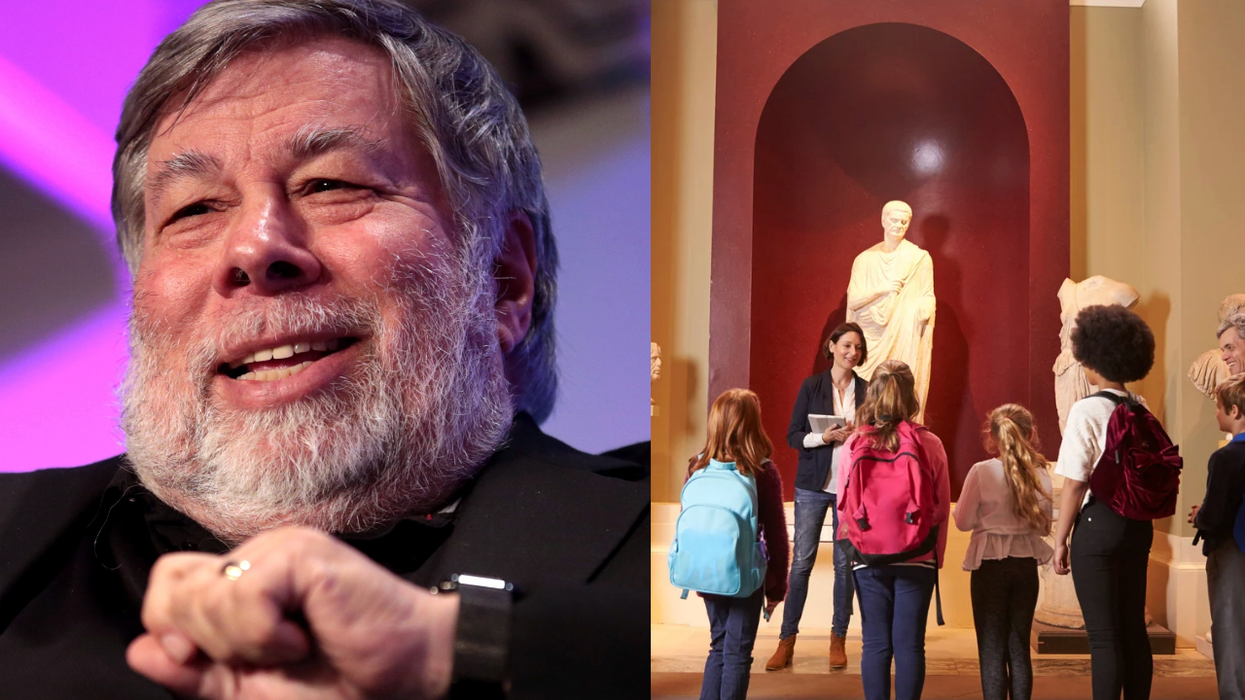

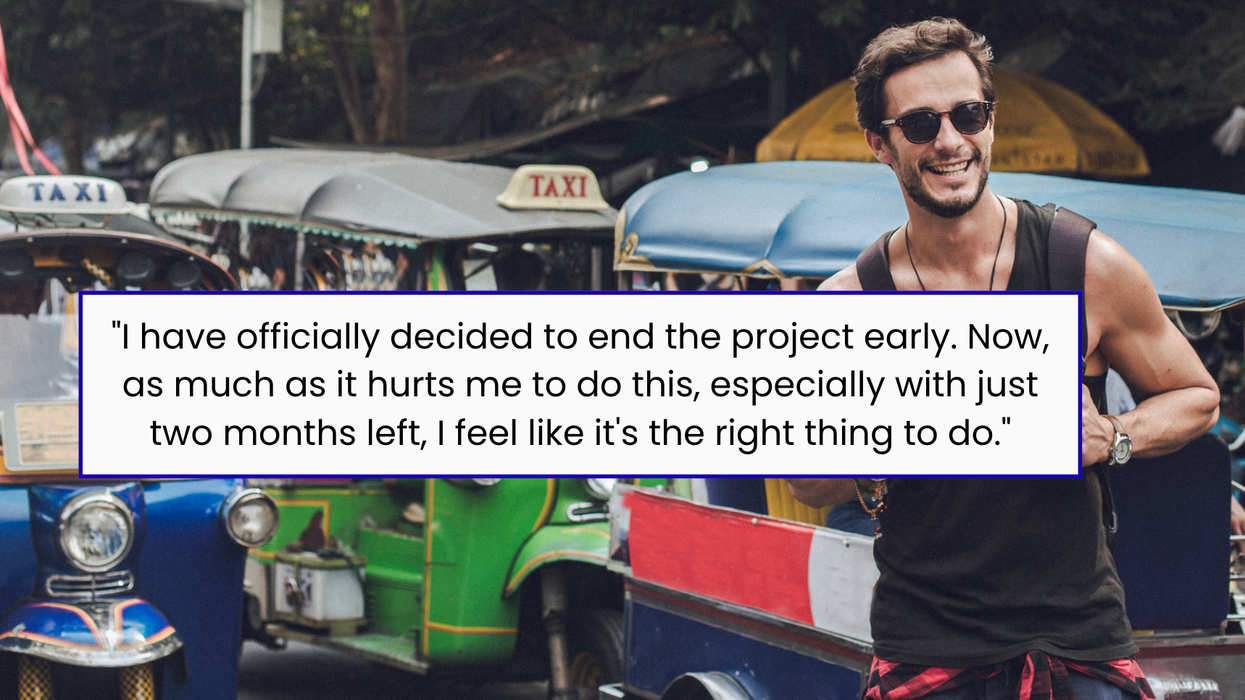
 An RV roams the countrysideCanva
An RV roams the countrysideCanva
 A group of young dancers line upCanva
A group of young dancers line upCanva A woman with a skin condition looks at her armCanva
A woman with a skin condition looks at her armCanva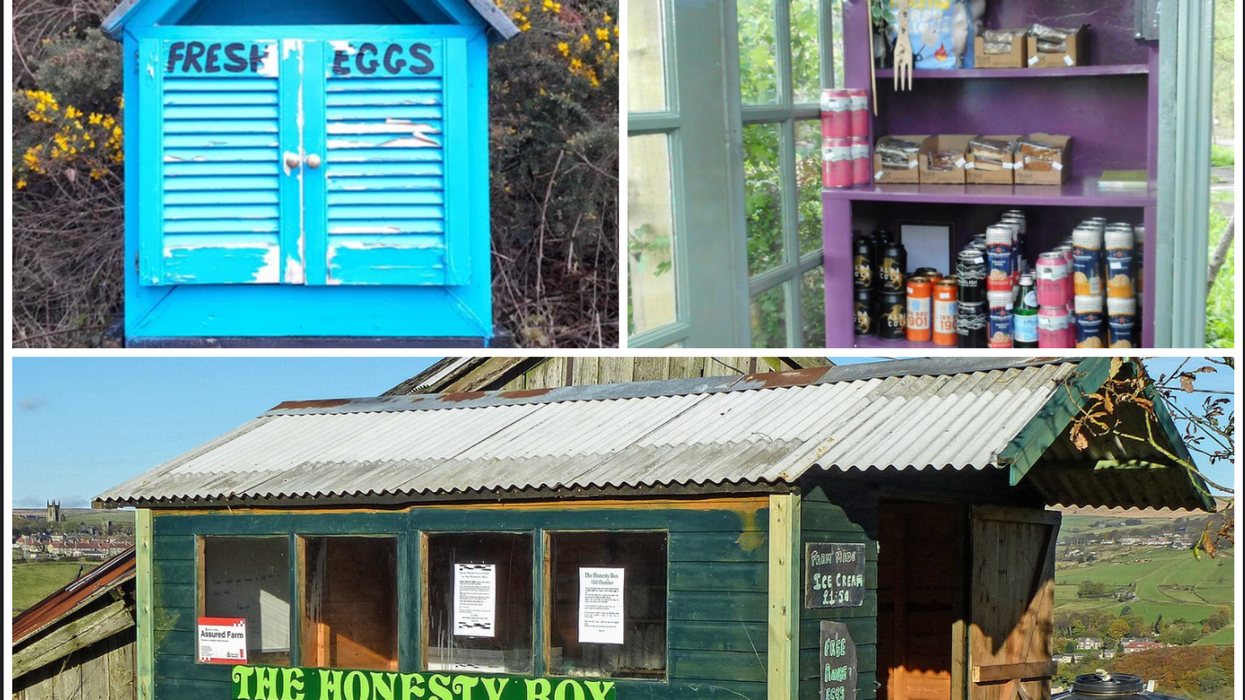

 Students at a table.Image via
Students at a table.Image via  Cheerful group of mixed-age people.Image via
Cheerful group of mixed-age people.Image via  Cool Boomer.Image via
Cool Boomer.Image via 
 An envelope filled with cashCanva
An envelope filled with cashCanva A server takes an orderCanva
A server takes an orderCanva A wait staff hangs out between shiftsCanva
A wait staff hangs out between shiftsCanva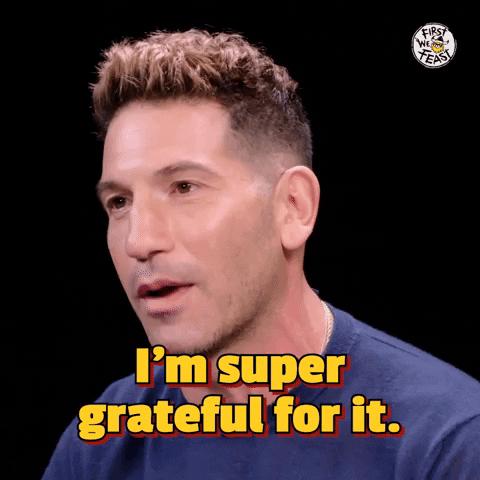 Grateful gif
Grateful gif 